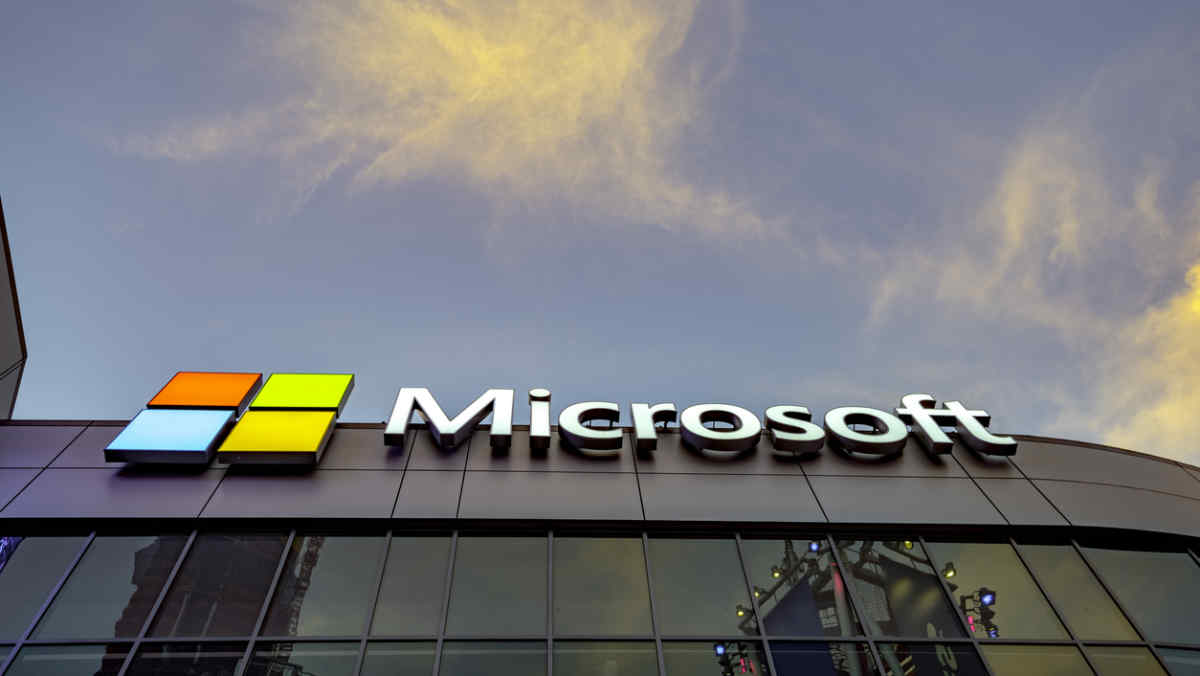

?As compensation strategies take the spotlight, one of the largest private employers in the U.S. says it is skipping raises for some employees this year.
Microsoft will not raise salaries for full-time employees in 2023 and is also tightening its bonus and stock award budget, CEO Satya Nadella told employees last week, according to reports.
The news, which comes as the Seattle-based tech giant lays off some of its employees, is a reversal from the raises it handed out last year—and a stark difference from the plurality of employers that have turned to competitive pay raises over the past year amid high inflation, rising employee expectations and a competitive job market.
“As a company, we recognize that navigating both a dynamic economic environment and a major platform shift requires us to make critical decisions in how we invest in our people, our business and our future,” a Microsoft representative told Insider. “As part of that effort, we are funding our compensation to align with the overall market. While we will not be providing salary increases for our full-time salaried employees this year, we will continue to invest in our employees through promotions, bonuses and stock.”
Is Microsoft’s announcement an anomaly, or a move that more employers might follow? It might be both, experts said, but so far, it’s more telling of the state of the tech industry, which is experiencing more hardships than other fields.
“It’s not surprising that a technology company like Microsoft would hold back on salary increases due to the large amount of technology layoffs the past six months and the looming recession, even though job creation remains strong,” said Kathleen Quinn Votaw, CEO of TalenTrust, a Denver-based recruiting and human capital consulting firm.
Indeed, tech firms like Microsoft have been among the hardest hit by layoffs and economic headwinds. As a result, many of them have cut back on perks and benefits, so not handing out pay raises may be a natural next step.
For example, Twitter is slashing its paid parental leave policy by 90 percent in some cases, while Google is cutting back on employee perks such as fitness classes and even some office equipment to trim costs. Meta, the parent company of Facebook and Instagram, ended free laundry and dry-cleaning services for employees last year, and in March, it announced plans to cut an additional 10,000 employees following the 11,000 layoffs it made late last year. And at the beginning of this year, Salesforce ended the “well-being day” it began offering employees during the pandemic, which allowed them an extra paid day off every month.
“It’s a lot of the major tech platforms, which are some of the biggest organizations in the world, that are making these sorts of high-profile cuts,” Tony Guadagni, senior principal in the Gartner HR practice at Gartner, told SHRM Online recently.
Executives across industries have also cut their own salaries to help thwart layoffs: A survey released earlier this year by ResumeBuilder found that 66 percent of executives have accepted a pay cut in the past six months, with the overwhelming majority of those (94 percent) saying the move was to prevent or reduce layoffs. Again, the practice appears more common at tech firms: Sundar Pichai, CEO of Google parent Alphabet; Tim Cook, CEO of Apple; and Eric Yuan, founder and CEO of Zoom, have all reportedly taken pay cuts.
State of Pay May Be in Flux
Outside of the tech space, skipping salary increases doesn’t appear to be common practice among employers. At many firms, pay increases for employees are actually on the rise. Multiple factors are behind the aggressive compensation strategies, from ongoing high inflation to the competitive labor market, which is still strong despite signs of slowdown in some industries.
Data released by consulting firm Mercer earlier this month found that many employers are shelling out bigger pay boosts to employees in 2023 than they have in years. On average, U.S. employers reported that 2023 annual merit increases average 3.8 percent, while total compensation—which includes merit awards as well as all other types of compensation increases impacting base pay, such as promotional, cost of living and minimum wage—increased by 4.1 percent. Those figures are not only a bump from 2022—they also represent the largest increases employers have provided since the 2008 financial crisis.
However, the aggressive pay hikes given in the past year to woo and retain workers may be starting to slow. Mercer’s survey found that despite their larger size, 2023 pay boosts are coming in slightly below what employers had budgeted a few months ago. Those findings indicate that “employers are continuing to invest in compensation to combat prolonged tight labor markets, but they are doing this with more prudence than what we saw in 2022,” said Lauren Mason, senior principal in Mercer’s Career Practice.
Other companies may still eliminate pay raises altogether in 2023. Payscale’s annual Compensation Best Practices Report, released in February, found that fewer organizations plan to give base pay raises this year, with 80 percent saying they plan to do so in 2023—down from the 92 percent that gave raises in 2022.
Skipping Pay Raises: Good or Bad?
Pay freezes like Microsoft’s can have pros and cons, experts said, especially in a highly dichotomous economy where layoffs and recession fears are happening alongside an employee-driven job market.
“It’s a confusing time, and it could be a good move to hang on to more people, versus more layoffs. It could also be a very bad move because Microsoft employees are talented and have choice,” Quinn Votaw said. “If the intention is to retain their employees through a recession, then it’s a good move. If the intention is to cut costs, then the employees you want to retain will move.”
Implementing a temporary pay freeze is “generally preferable to layoffs during tough economic conditions for most workers,” agreed Lexi Clarke, chief people officer at Payscale, the Seattle-based compensation software firm. She noted that halting raises can be less detrimental if other pieces of the compensation puzzle are left alone.
“If organizations can continue paying bonuses and/or awarding stock to their employees, total cash compensation can still be favorable year over year,” she said.
For employers that are considering following in Microsoft’s footsteps, Clarke said they should take stock of salary strategies and make sure pay is still fair and competitive.
“Before pausing merit increases, employers should consult third-party pay data to ensure salaries are still in acceptable ranges,” she said. “We always encourage workers to research fair pay for their role in the job market.”

